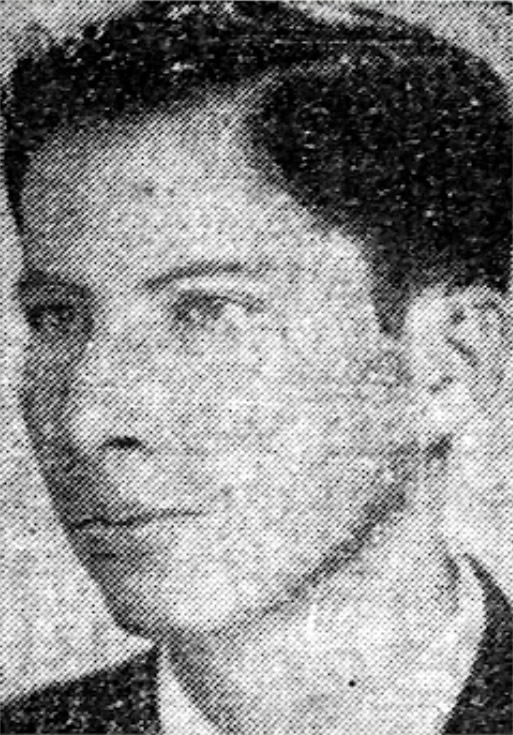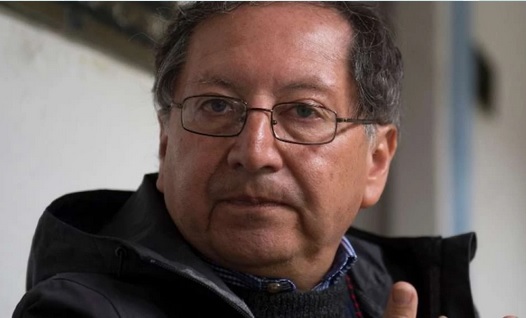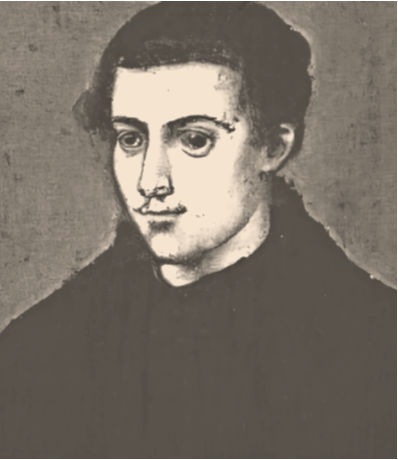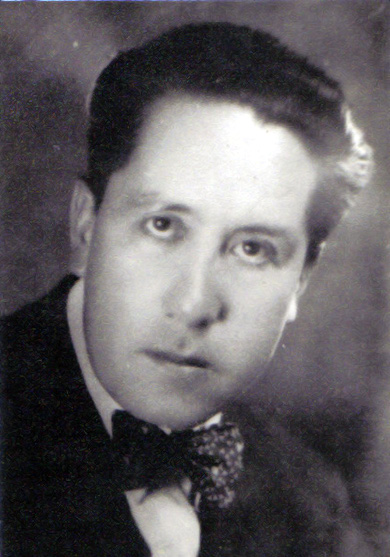Gastón Hidalgo Ortega (Guayaquil, March 19, 1929 – January 5, 1973) was an Ecuadorian poet and member of Club 7, a poets’ group in Guayaquil in the 1950s. His poems can be found within the books “Club 7” (1954) and “33 poemas universitarios” (1955), both of which were compilations of poetry by various authors. His poems were also published in various magazines such as Cuadernos del Guayas, Ateneo Ecuatoriano, Letras del Ecuador, as well as the newspaper La Nacion from La Paz. During his lifetime he did not publish a collection of his own. In 1990, the House of Ecuadorian Culture published a posthumous collection of his poems, “Colección de poesía ecuatoriana: La rosa de papel, 25,” compiled by fellow Club 7 member Ileana Espinel. He worked as an editorial proofreader at the House of Ecuadorian Culture in Guayaquil. He died at age 44.
Early Life
Gastón Hidalgo Ortega, born in Guayaquil, Ecuador, on March 19, 1929, would grow up to become a beloved and respected figure in the Ecuadorian literary scene. Even as a child, Hidalgo Ortega was described as quiet and introverted, traits that would later shape his poetic style and influence his career. He started his writing journey at a young age, with his first works published in “Nosotros,” the student publication of his alma mater, Colegio Vicente Rocafuerte of Guayaquil.
Contribution to Ecuadorian Poetry
Ortega was an integral part of Club 7, an influential group of poets that emerged in Guayaquil in the 1950s. Despite being a relatively introverted figure, his poetry found resonance and made significant contributions to the two collective volumes, “Club 7” (1954) and “33 poemas universitarios” (1955). His work also frequently appeared in various journals and newspapers such as Cuadernos del Guayas, Ateneo Ecuatoriano, Letras del Ecuador, and the newspaper La Nacion from La Paz.
Literary Style and Influences
Ortega’s work often drew comparisons to Lautreamont, but his poetry also showed influences from other literary figures like Federico García Lorca, Paul Verlaine, the Conde de Lautréamont, Édgar A. Poe, and Charles Baudelaire. His writing fluctuated between the poignant and brief lyricism seen in “El corazón” and the modernist polyphony observed in “Sueños de un amor.” This versatility in style showcased his broad literary understanding and his ability to create compelling works across different poetic techniques.
Editorial Work and Influence
Beyond being a poet, Hidalgo Ortega also made significant contributions to the literary scene as an editorial proofreader at the House of Ecuadorian Culture in Guayaquil. His meticulousness and methodical nature served him well in this role, enabling him to help shape the works of other authors and provide a platform for the dissemination of significant literary pieces.
Posthumous Recognition and Legacy
Hidalgo Ortega passed away prematurely in 1973, at the age of 44. Despite his untimely death, his influence in the world of poetry has endured. In 1990, the House of Ecuadorian Culture published a posthumous collection of his poems titled “Colección de poesía ecuatoriana: La rosa de papel, 25.” The compilation, which was put together by fellow Club 7 member Ileana Espinel, celebrated Ortega’s unique voice and poetic vision. Even in his absence, his work continues to inspire and influence the landscape of Ecuadorian literature.
Works
- Club 7 (1954)
- 33 poemas universitarios (1955)
- La rosa de papel (1990)



